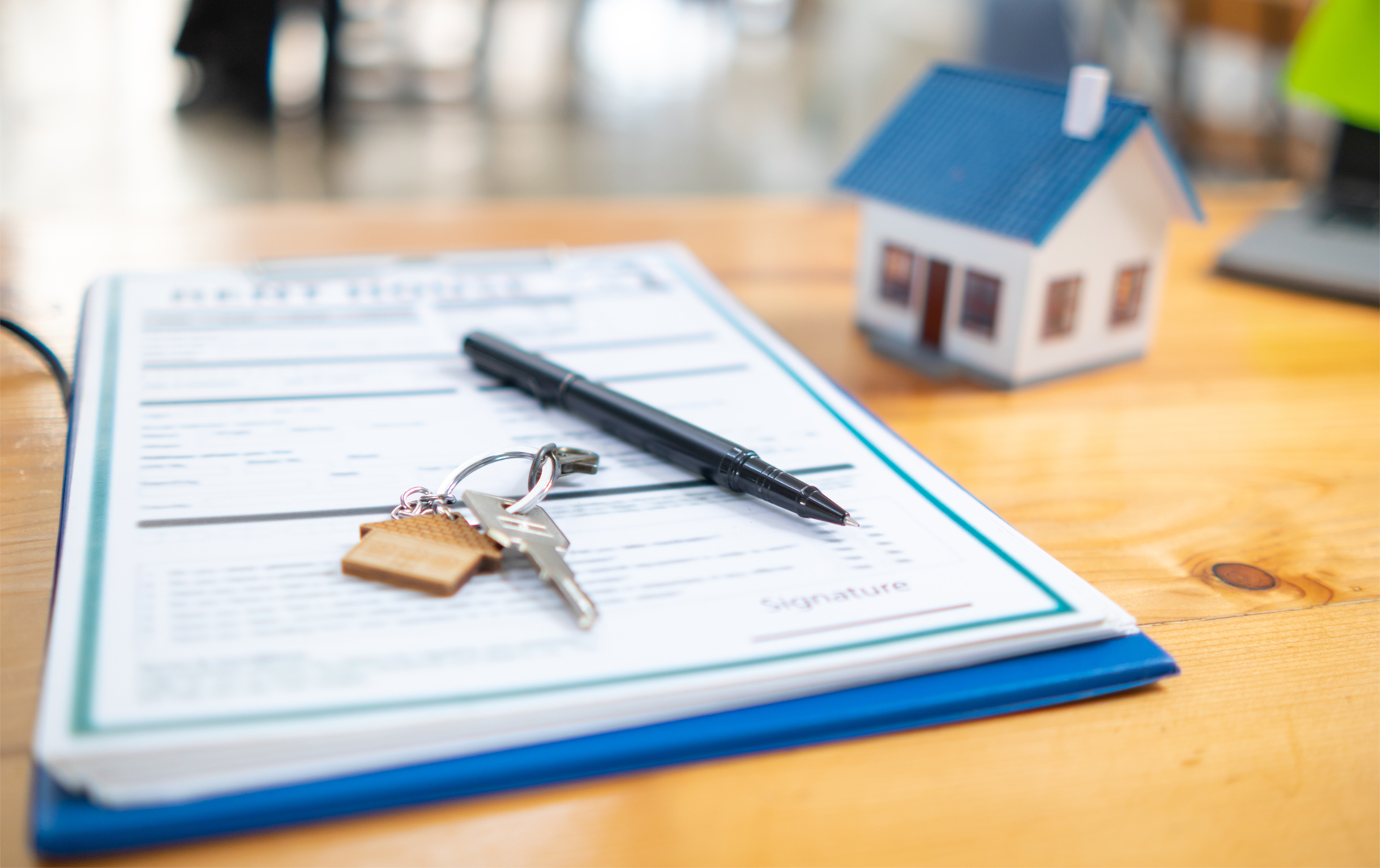
Buying property in Spain is an exciting opportunity, but for foreign buyers, understanding the legal process is crucial to avoid delays or unexpected issues. Marbella Estates provides expert guidance at every stage. From securing your NIE number and arranging a mortgage to signing the final notary deed and completing post-purchase steps, this guide is designed to give you clarity and confidence when making one of the most important investments of your life.
QUICK SUMMARY
- Clear explanation of legal steps from offer to completion.
- List of required documents for foreign buyers.
- Role of lawyers and notaries in the process.
- How Marbella Estates ensures a safe and smooth transaction.
Overview of the Legal Buying Framework in Spain
The Spanish property market has a structured legal framework that protects both buyers and sellers. Foreign buyers must understand the key stages of the buying process. This includes making an offer, signing a Private Purchase Contract, paying the deposit, completing the purchase before a notary, and registering the property. Each stage is carefully monitored by legal professionals to ensure full compliance with Spanish law. Working with an experienced estate agency like Marbella Estates makes the process more straightforward and helps avoid costly mistakes.
Key Documents Required from Foreign Buyers
Foreign buyers must prepare several documents to complete a property purchase in Spain. These documents are essential for legal compliance and to facilitate a smooth transaction.
Passport
A valid passport is required to verify the buyer’s identity. EU citizens may also use their national ID card. Copies of the passport or ID may be requested, and notarised copies are sometimes needed depending on the specific transaction. Ensuring your identification documents are current and valid is the first step to a seamless buying process.
NIE Number (Número de Identidad de Extranjero)
A NIE number, or Foreigner Identification Number, is mandatory for all property transactions in Spain. It allows buyers to sign contracts, pay taxes, open a bank account, and transfer funds legally. Obtaining a NIE is one of the first steps for foreign buyers and is essential before proceeding with the purchase.
Proof of Funds
Spanish authorities require verification of the source of funds to prevent money laundering. Buyers must provide evidence such as bank statements or other financial documents to show that the funds being used to purchase the property are legitimate. This step ensures transparency and compliance with local regulations.
Bank Account in Spain
While not mandatory in every case, having a Spanish bank account is highly recommended. It simplifies payments for the purchase price, ongoing taxes, utilities, and community fees. Banks in Spain often require a local account if you are applying for a mortgage or making large financial transactions related to property.
Due Diligence Checks
Before completing a purchase, thorough due diligence is conducted to confirm that the property is free of legal or financial issues. This process protects buyers from unexpected liabilities.
Property Registry Report
A property registry report, known as a nota simple, confirms the current ownership of the property and highlights any existing liens or mortgages. This report ensures that buyers do not inherit unpaid debts or legal complications from previous owners. Checking the property registry is a critical step in every purchase.
Debts and Charges
Lawyers will review the property’s tax history, including property tax (IBI), utility payments, and community fees. Ensuring that all debts and charges are up to date protects buyers from financial obligations that should remain the responsibility of the previous owner.
Planning Permissions
Legal professionals will verify that the property complies with local planning regulations. This includes any extensions, renovations, or modifications. Confirming planning permissions ensures that buyers are not exposed to fines or issues arising from unapproved works.
Private Purchase Contract and Deposit Requirements
The Private Purchase Contract formalises the agreement between the buyer and the seller. Typically, a deposit of around 10 percent of the purchase price is required at this stage. The contract sets out all essential terms, including payment schedules, property details, and consequences if either party fails to complete the transaction. This legally binding document protects both buyers and sellers throughout the process.
Mortgage Documents
If financing is required, buyers must submit mortgage documentation to the bank. This usually includes proof of income, bank statements, and credit reports. Spanish banks may also request details of the buyer’s financial history to assess their eligibility and capacity to repay the mortgage. Preparing these documents early can streamline the mortgage approval process.
Notary Signing and Final Deed (Escritura)
The final stage of the property purchase involves signing the Escritura Pública before a notary. This legally transfers ownership from the seller to the buyer. The notary ensures that both parties comply with Spanish law, confirms the absence of liens or debts, and officially registers the property in the Land Registry. Completing this step finalises your legal ownership of the property.

Post-Completion Steps
After the purchase is complete, buyers should register the property with local authorities, pay any applicable taxes, and set up utilities. If the property is an investment, Marbella Estates can assist with property management, rentals, and ongoing maintenance. These post-completion steps ensure that your property is legally compliant and ready for occupation or rental.
Why Choose Marbella Estates?
Marbella Estates is a trusted partner for foreign buyers navigating the Spanish property market. Their expertise ensures that each transaction is safe, smooth, and transparent.
Marbella Estates has over 30 years of experience in Marbella and the Costa del Sol. Their deep market knowledge allows buyers to find the right property for their needs, whether as a family home, investment, or holiday retreat. The agency is highly regarded for its reliability, professionalism, and long-standing relationships with local lawyers and banks.
The team at Marbella Estates provides personalised support throughout the buying process. From the initial consultation to after-sales services such as property management, they guide buyers every step of the way. Their multilingual team makes communication seamless for international clients. Marbella Estates also provides access to exclusive properties that are not widely advertised on the market. Their reputation for honesty, integrity, and dedication makes them one of the most trusted estate agencies in Marbella.
Frequently Asked Questions
Q: Can foreigners buy property in Spain without being a resident?
Yes. Foreign buyers do not need to be residents of Spain to purchase property. However, obtaining a NIE number is mandatory and must be done before signing any contracts or transferring funds. The NIE number ensures that all legal and tax obligations are correctly assigned to the buyer.
Q: How long does the property buying process take?
The timeline varies depending on whether you are purchasing a resale or a new build. Typically, from the reservation stage to signing the final deed, the process can take several weeks to a few months. Legal checks, mortgage approvals, and scheduling the notary appointment are factors that influence the timeline.
Q: What taxes should buyers plan for when purchasing property?
Buyers should budget for Transfer Tax (ITP) for resale properties, VAT and Stamp Duty (AJD) for new builds, notary fees, registry fees, and ongoing property taxes such as IBI. Proper planning ensures there are no surprises and the transaction proceeds smoothly.
Q: Can I complete the purchase if I am not physically present in Spain?
Yes. Buyers can grant power of attorney to a legal representative or lawyer to sign all necessary documents on their behalf. This ensures that the purchase can proceed efficiently even if the buyer is abroad.
Q: What is a Private Purchase Contract and why is it important?
The Private Purchase Contract sets out all terms of the property sale, including the deposit amount, deadlines, and conditions for completion. It legally binds both the buyer and the seller, protecting both parties and ensuring that the transaction proceeds as agreed.
Conclusion
Buying property in Spain requires preparation, knowledge, and guidance. Marbella Estates provides expert support to ensure foreign buyers navigate the legal process confidently. From gathering the required documents and conducting due diligence to signing the final deed and completing post-purchase steps, Marbella Estates makes property ownership in Spain safe, transparent, and efficient.
Contact Marbella Estates today to begin your journey toward owning a home on the Costa del Sol. Their expertise, local knowledge, and personalised service will make your property purchase a seamless and rewarding experience.

